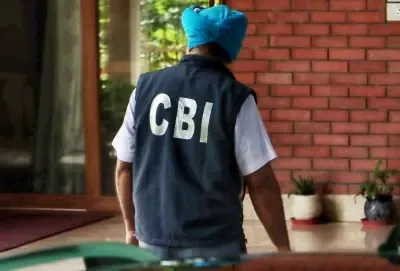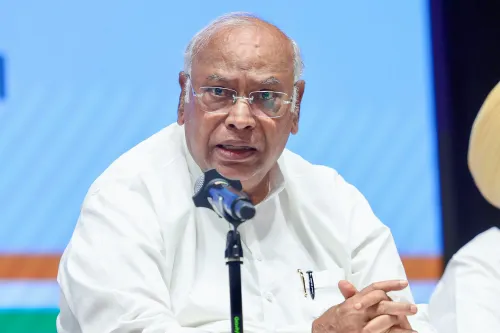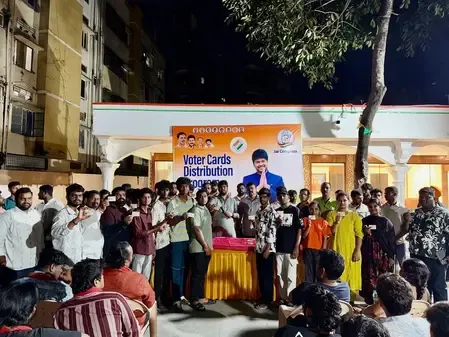What Charges Did CBI Bring Against Two Indian Nationals for Murder in UAE and Bahrain?

Synopsis
Key Takeaways
- CBI filed charge sheets against two Indian nationals for murder.
- Inder Jit Singh murdered Rama Lingam Natesan in the UAE over a financial dispute.
- Subhash Chander Mahla killed his employer in Bahrain due to grievances.
- International cooperation is vital in prosecuting crimes committed abroad.
- Legal proceedings can be complex when involving multiple jurisdictions.
New Delhi, June 27 (NationPress) The Central Bureau of Investigation (CBI) has submitted charge sheets against two Indian nationals in a special court in New Delhi, linked to two distinct murder investigations in the UAE and Bahrain, as reported by an official on Friday.
Acting on requests from the UAE and the Kingdom of Bahrain, concerning crimes perpetrated abroad by Indian nationals, the CBI initiated Local Prosecution and completed its inquiries.
“The CBI worked closely with the Ministry of External Affairs, Government of India, to collect evidence that is admissible under Indian law from the authorities in the UAE and Bahrain. This coordinated effort enabled the prosecution of the accused individuals, Inder Jit Singh and Subhash Chander Mahla,” stated the agency.
In response to a request from the UAE regarding the murder of Indian national Rama Lingam Natesan in Abu Dhabi, the CBI registered a case against Inder Jit Singh under section 302 of the Indian Penal Code.
The investigation revealed that the deceased, Rama Lingam Natesan, was involved in selling international SIM cards in Abu Dhabi, and Inder Jit Singh had been purchasing these SIM cards on credit. Over time, his debt accumulated to AED 300. A conflict arose when Rama Lingam Natesan requested Singh's employer to deduct the outstanding dues from his salary. In a premeditated act, Inder Jit Singh decided to kill Rama Lingam Natesan. On August 28, 2008, he attacked him with a sharp knife, resulting in severe injuries that led to Natesan's death.
In the case involving Subhash Chander Mahla, the referral from the Kingdom of Bahrain prompted the Ministry of External Affairs to direct the CBI to initiate local prosecution. The CBI registered a case against Subhash Chander Mahla under sections 302 and 404 of the IPC for the murder of his employer in Bahrain and commenced an investigation.
It was found that Subhash Chander Mahla worked as a driver in Bahrain. Upset by his employer's misbehavior, he plotted to kill him. On January 31, 2011, he attacked his employer with a heavy tool, inflicting fatal injuries.









